

Quick Summary
Details about Samsung smart glasses have appeared suggesting they'll be close to the Ray-Ban Meta models currently available.
But, whether Samsung will be able to convince people to buy smart glasses without an established fashion brand behind them remains to be seen.
Samsung is no stranger to wearables: it has been one of the dominant players in smartwatches and it even dabbled in VR before with the Gear VR in 2014 – the last time people were excited about headsets. Since then, the company has gone a little quiet, but it’s already been confirmed that Samsung will be back with a head-mounted wearable in 2025.
There are a lot of rumours flying backwards and forwards surrounding Samsung’s plans, with both XR glasses and a full Apple Vision Pro-rivalling headset on the cards, if you believe the gossip. Putting a VR headset to one side, we have a little more information about Samsung’s rumoured XR glasses, thanks to 9to5Google.
The report (which originated with Maeil Business Newspaper) suggests that Samsung is preparing to launch a pair of smart glasses in collaboration with Qualcomm and Google. The glasses are said to use AI and be similar to Ray-Ban's Meta glasses.
The glasses are said to use Qualcomm’s AR1 chip, with a 155mAh battery, aiming for a weight of 50g. That’s close to the specification of the Ray-Bans, so it looks like we’re looking at glasses rather than a headset according to these leaks.
Other details suggest that there will be a 12-megapixel camera, with the ability to read QR codes and interpret the world thanks to AI. On the voice side of things you’ll be able to talk to Google’s Gemini, while the glasses will be able to understand gestures for control.
Will smart glasses work without an established brand?
While Samsung’s plans sound like a formula that replicates Ray-Ban’s success through its partnership with Meta, there’s one thing missing: the brand.
Much of the success of Ray-Ban’s offering comes from the fact that it’s Ray-Ban. It’s a trending brand, offering a range of styles, meaning that even if you’re not using any of the smart functions, you’re still wearing Ray-Bans. That can’t be said of Samsung – as much as we all love Samsung phones, who wants to wear a pair of Samsung glasses?
Sign up to the T3 newsletter for smarter living straight to your inbox
Get all the latest news, reviews, deals and buying guides on gorgeous tech, home and active products from the T3 experts
That could be a huge barrier to adoption outside of the tech circle. Where Ray-Ban Meta smart glasses have a high profile and get exposure through Ray-Ban’s other retail activities, Samsung might struggle to match the desirability.
Samsung, Qualcomm and Google likely hope that they can win through with technology and that Ray-Ban has opened the door to this category of devices. I’m not so sure: although smart glasses are clever, it’s Ray-Bans that are cool.
Samsung will really have to pull some must-have features out of the bag to make their own smart glasses appealing to the wider public.
Chris has been writing about consumer tech for over 15 years. Formerly the Editor-in-Chief of Pocket-lint, he's covered just about every product launched, witnessed the birth of Android, the evolution of 5G, and the drive towards electric cars. You name it and Chris has written about it, driven it or reviewed it. Now working as a freelance technology expert, Chris' experience sees him covering all aspects of smartphones, smart homes and anything else connected. Chris has been published in titles as diverse as Computer Active and Autocar, and regularly appears on BBC News, BBC Radio, Sky, Monocle and Times Radio. He was once even on The Apprentice... but we don't talk about that.
-
 Technogym brings its signature touch of luxury to Pilates with latest home gym equipment launch
Technogym brings its signature touch of luxury to Pilates with latest home gym equipment launchThey've also introduced a new premium line of strength equipment and cardio kit
By Bryony Firth-Bernard
-
 This bodyweight EMOM workout cranks up your metabolism and builds muscle endurance
This bodyweight EMOM workout cranks up your metabolism and builds muscle endurance20 minutes and a little grit is all you need
By Bryony Firth-Bernard
-
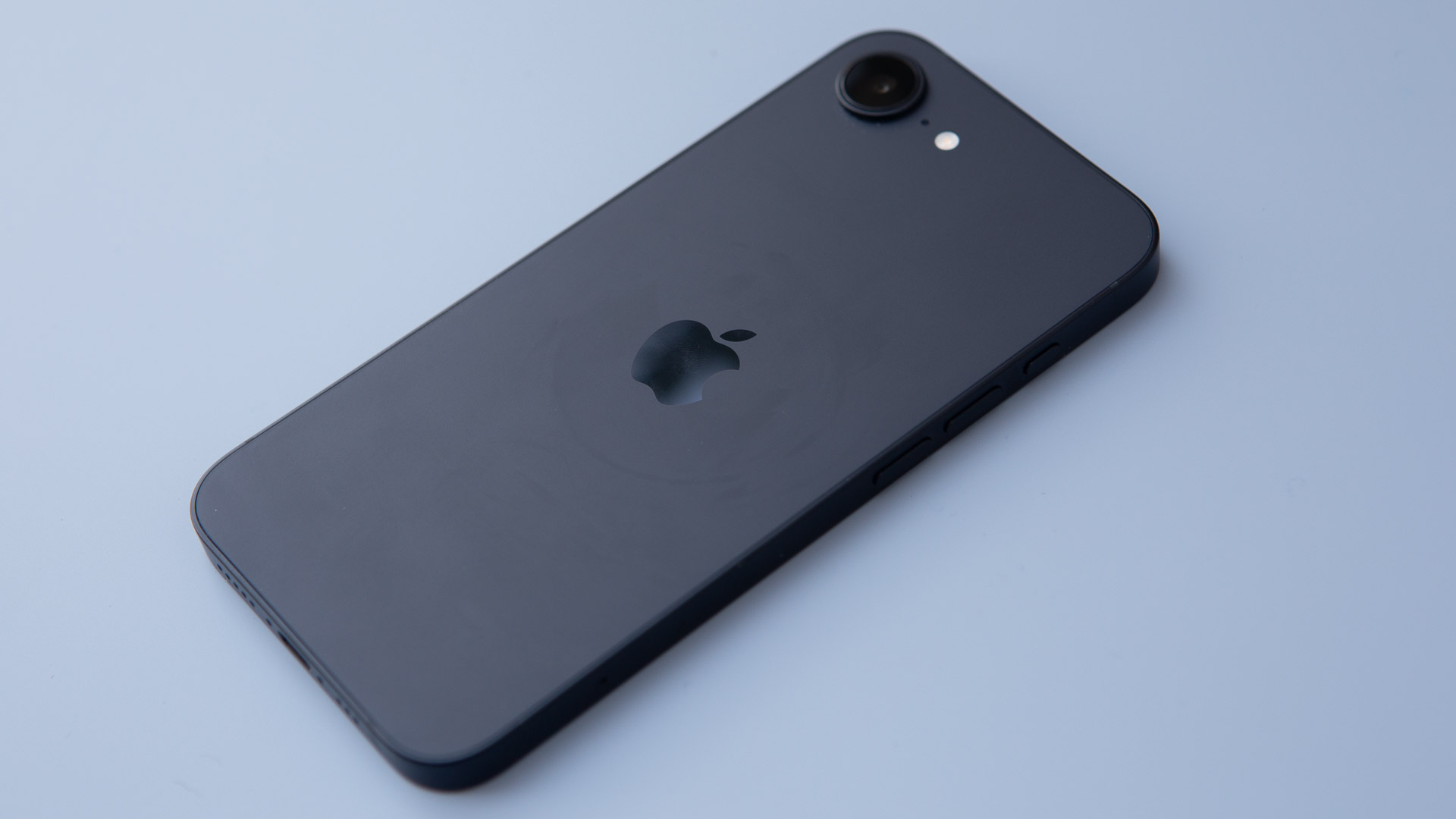 Apple's iPhone just did something it never has before
Apple's iPhone just did something it never has beforeThis is an unprecedented event for the iPhone
By Sam Cross
-
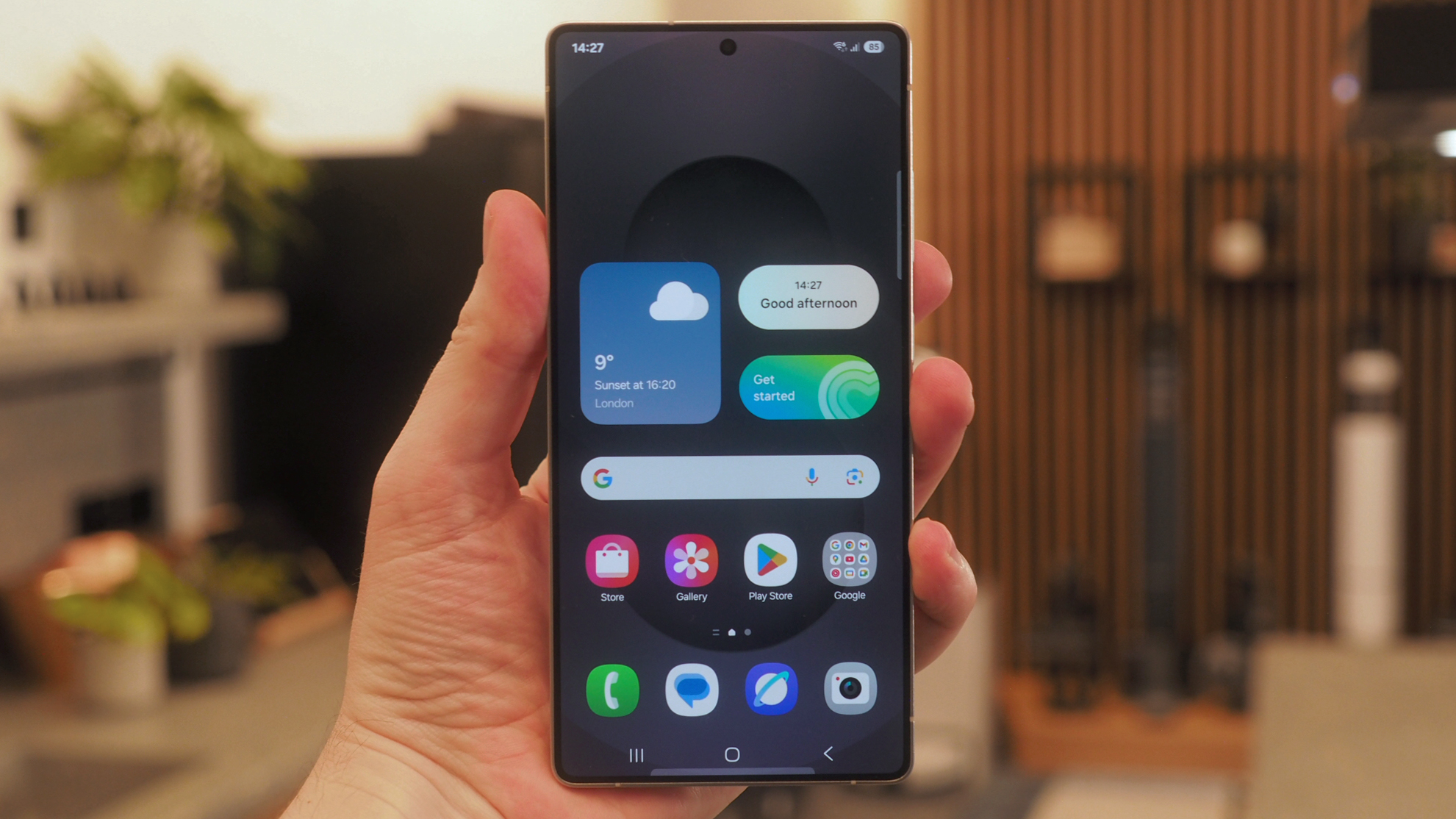 Samsung hits pause on Android 15 rollout, but your phone might be lucky
Samsung hits pause on Android 15 rollout, but your phone might be luckyYour delayed Samsung One UI 7 software update could be delayed some more
By Chris Hall
-
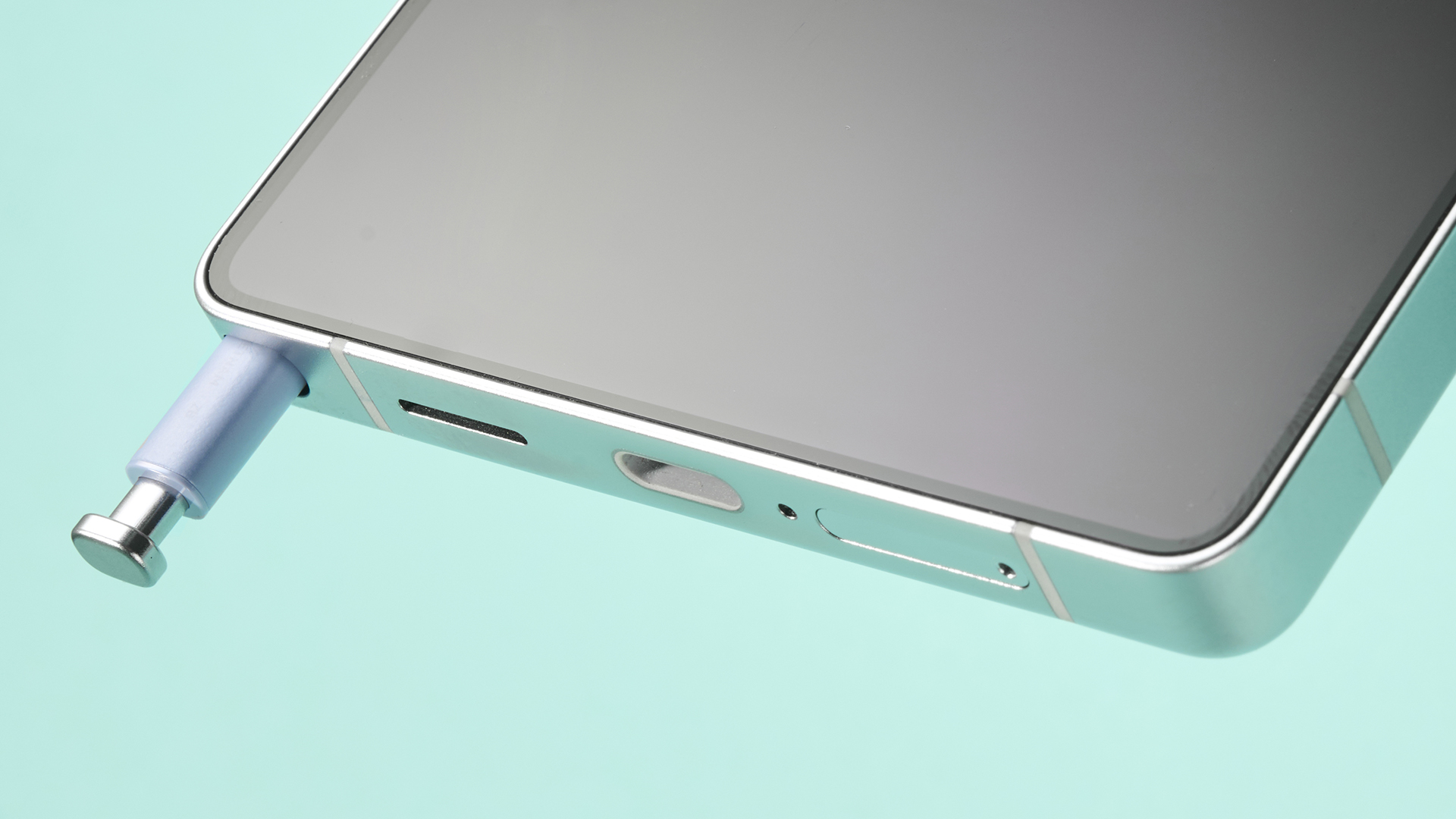 Samsung Galaxy devices could lose a unique feature after all
Samsung Galaxy devices could lose a unique feature after allThat's despite recent claims to the contrary
By Sam Cross
-
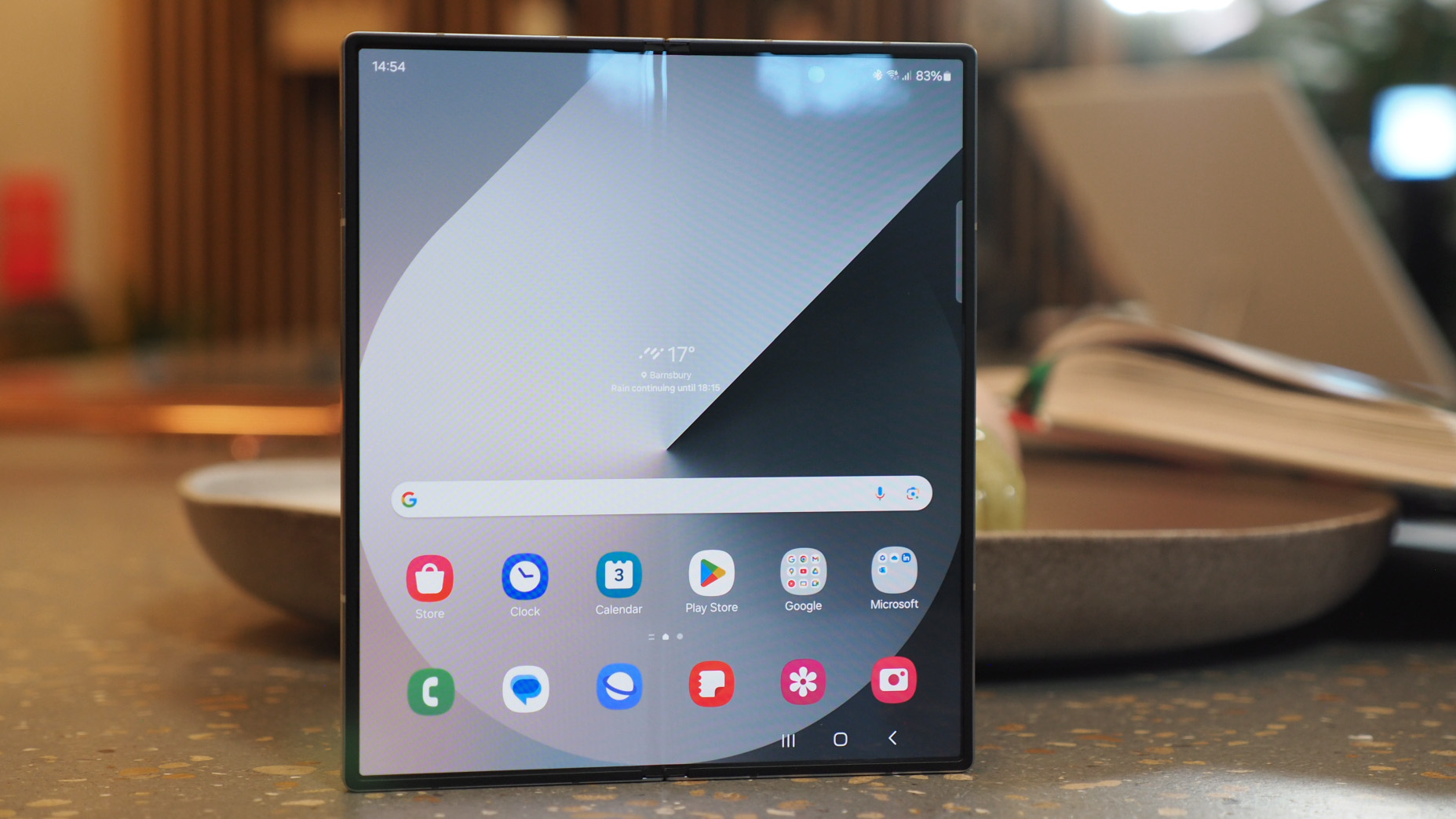 Samsung Galaxy handsets could get a massive free software upgrade as soon as this summer
Samsung Galaxy handsets could get a massive free software upgrade as soon as this summerThat's way sooner than expected
By Sam Cross
-
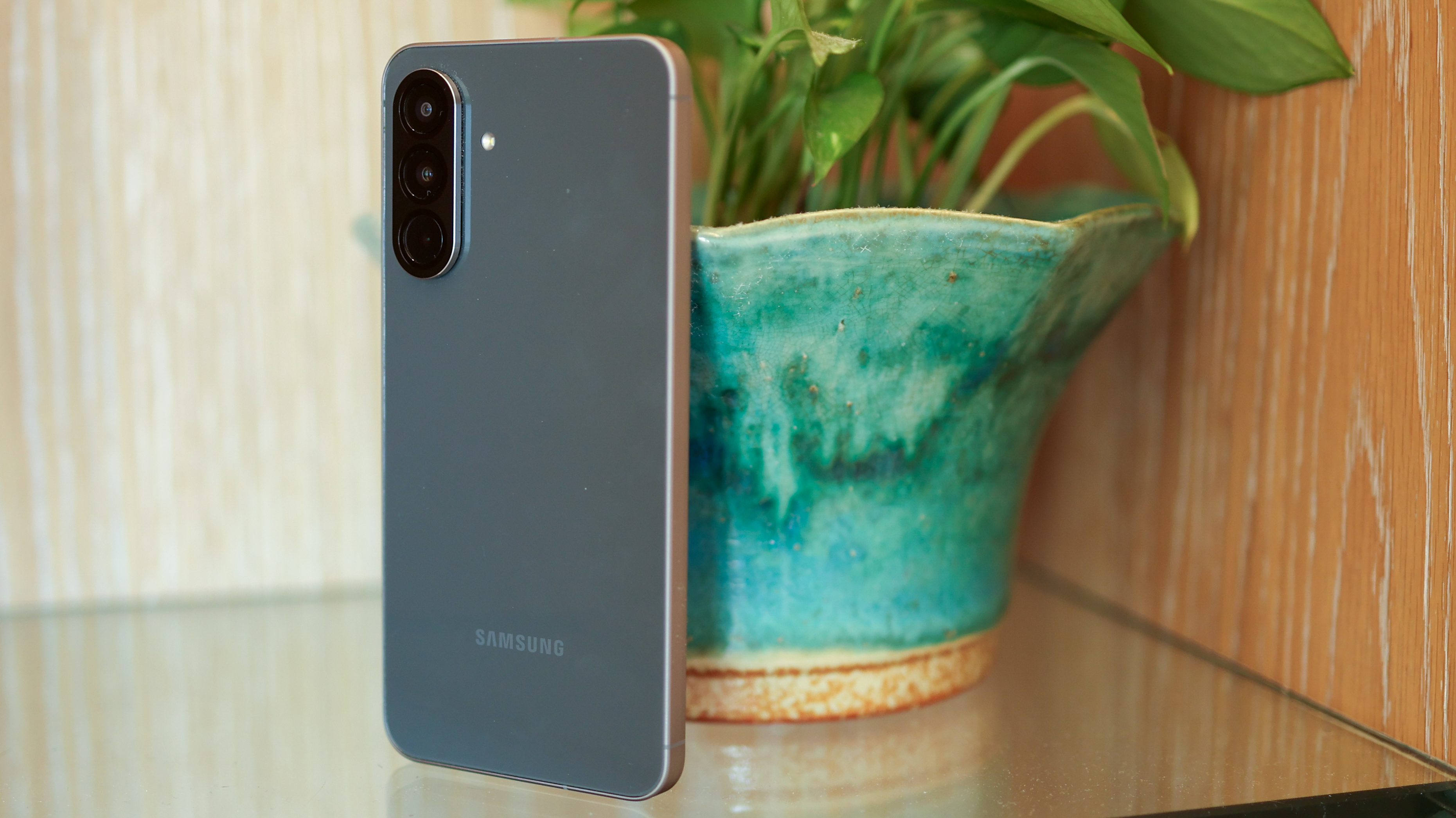 Samsung's affordable phones get Awesome Intelligence upgrade for free
Samsung's affordable phones get Awesome Intelligence upgrade for freeAnd its available to install right now
By Britta O'Boyle
-
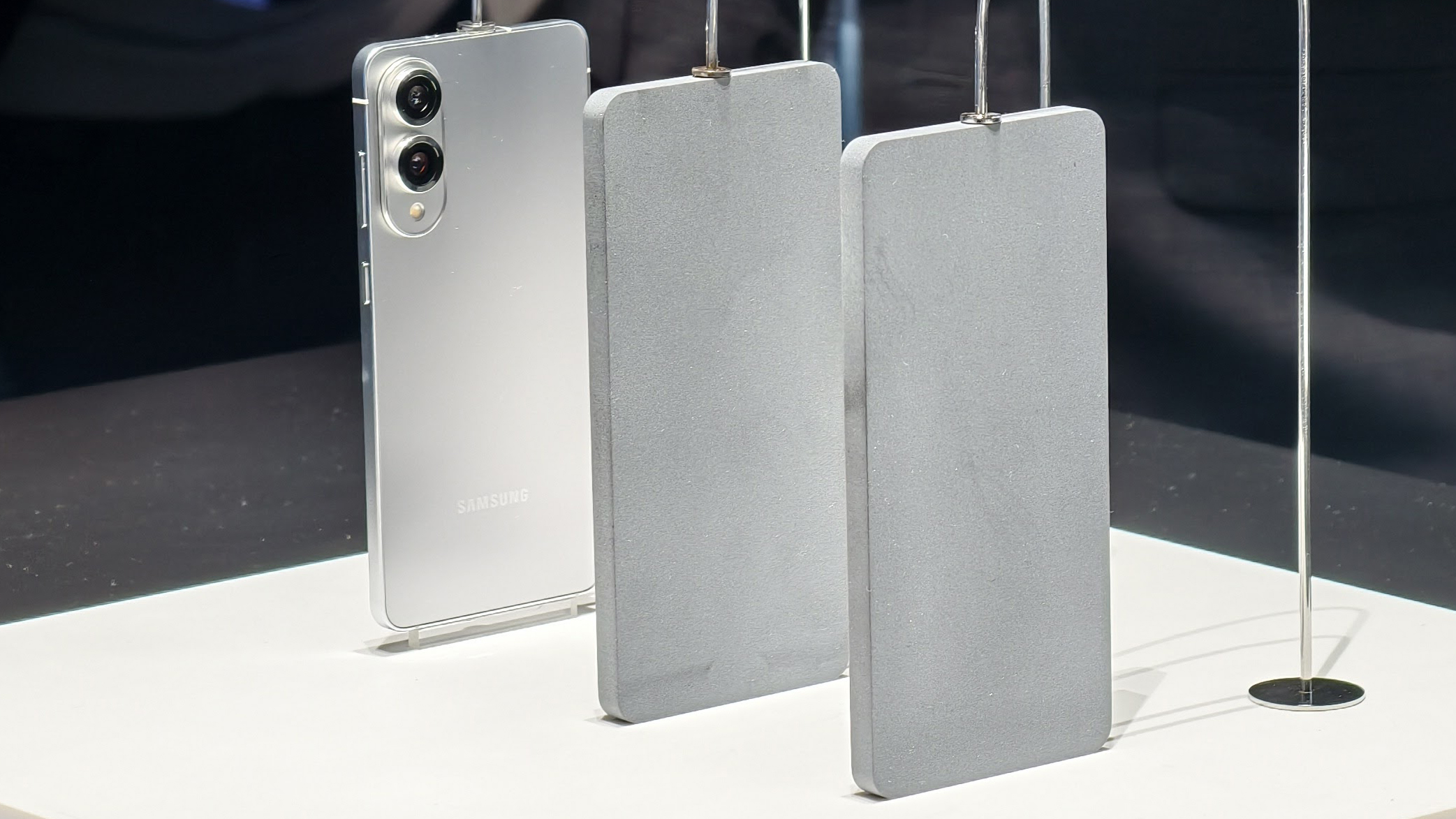 Samsung Galaxy S25 Edge could launch sooner than expected, because of space and time
Samsung Galaxy S25 Edge could launch sooner than expected, because of space and timeYou don't have to be a Doctor to realise why
By Britta O'Boyle
-
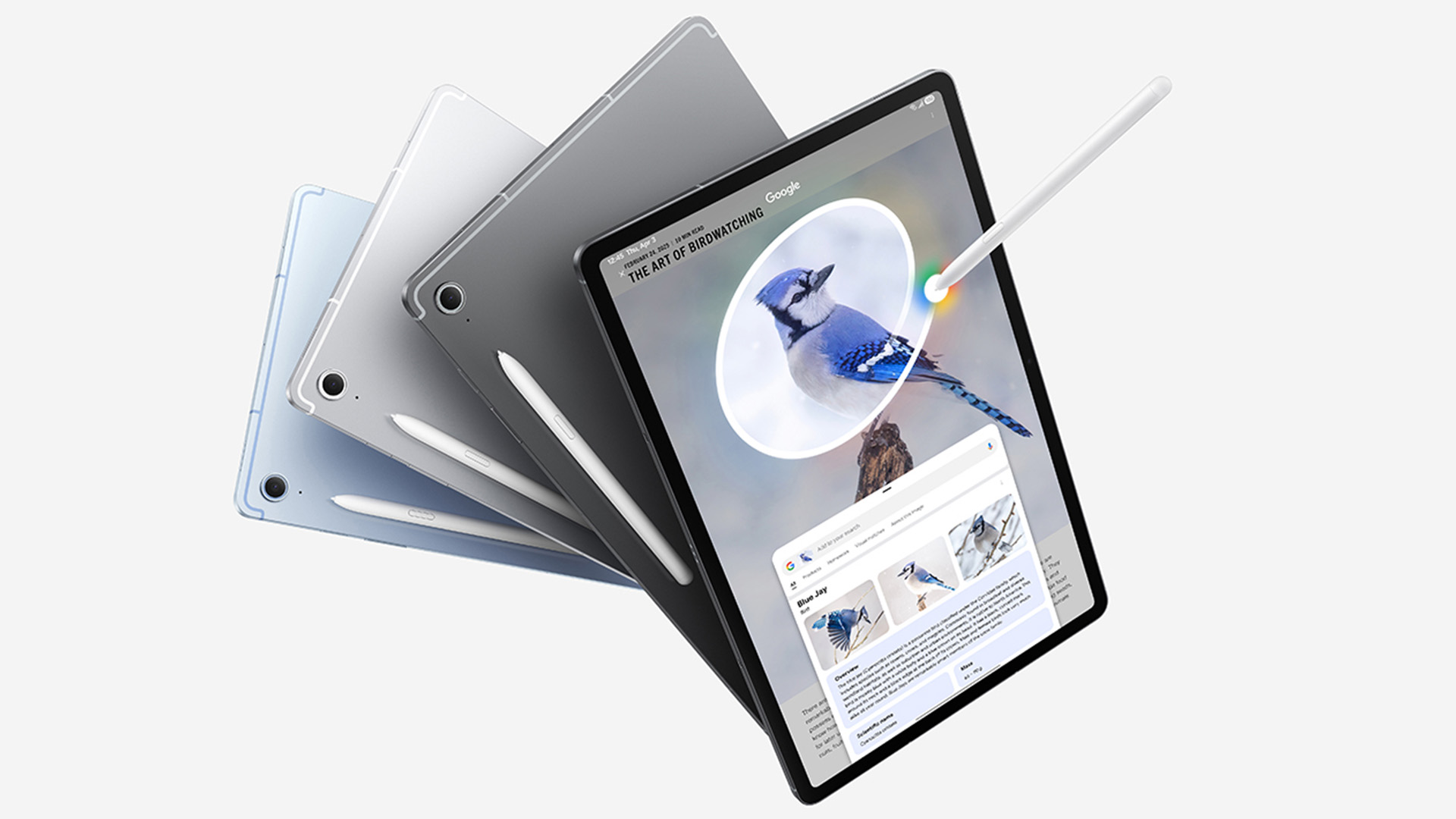 The Galaxy Tab S10 FE might be Samsung's best-value tablet yet
The Galaxy Tab S10 FE might be Samsung's best-value tablet yetA great new semi-premium entrypoint
By Max Freeman-Mills
-
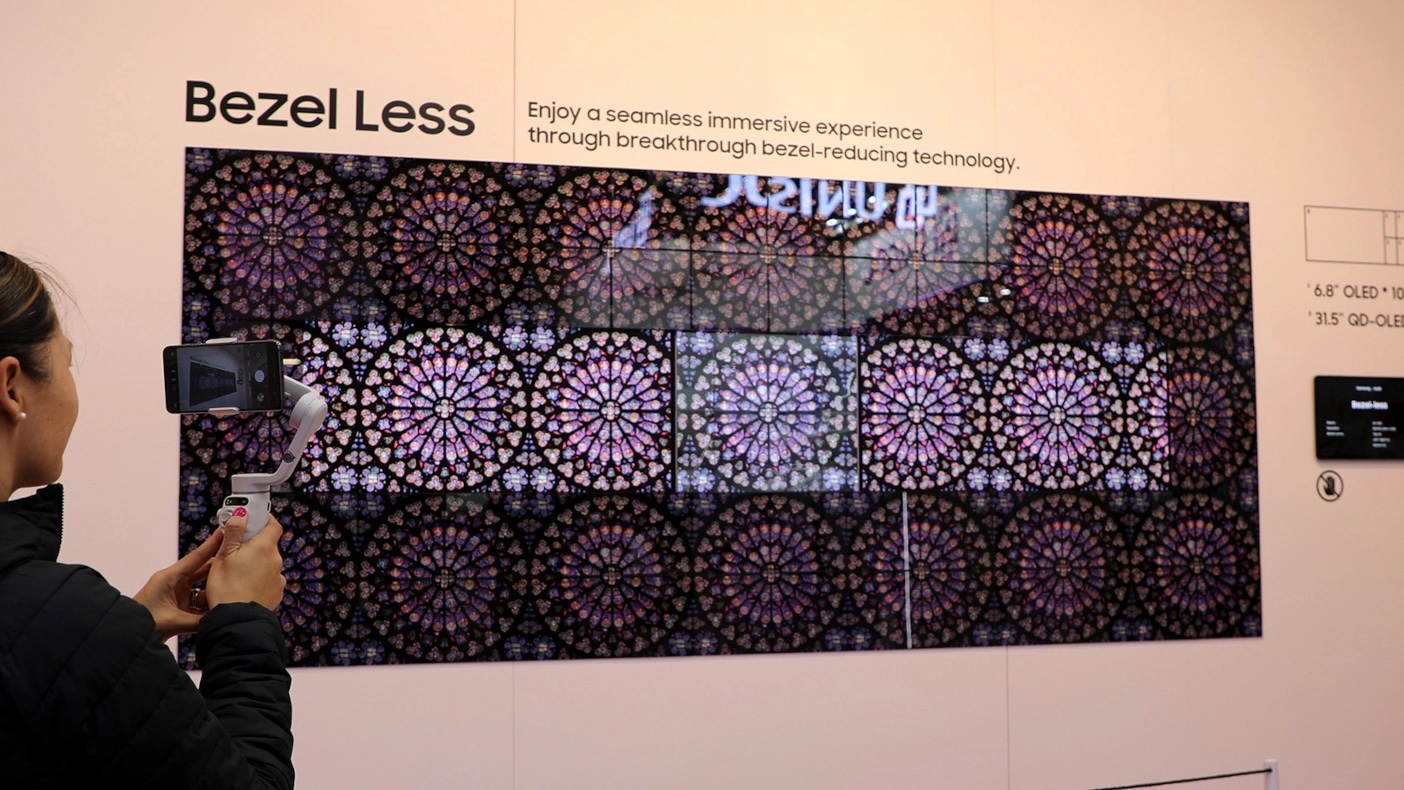 Samsung's bezel breakthrough could slash the cost of big-screen 8K OLED TVs
Samsung's bezel breakthrough could slash the cost of big-screen 8K OLED TVsMassive TV panels are really hard to make – so why not just tile multiple smaller ones instead?
By Carrie Marshall